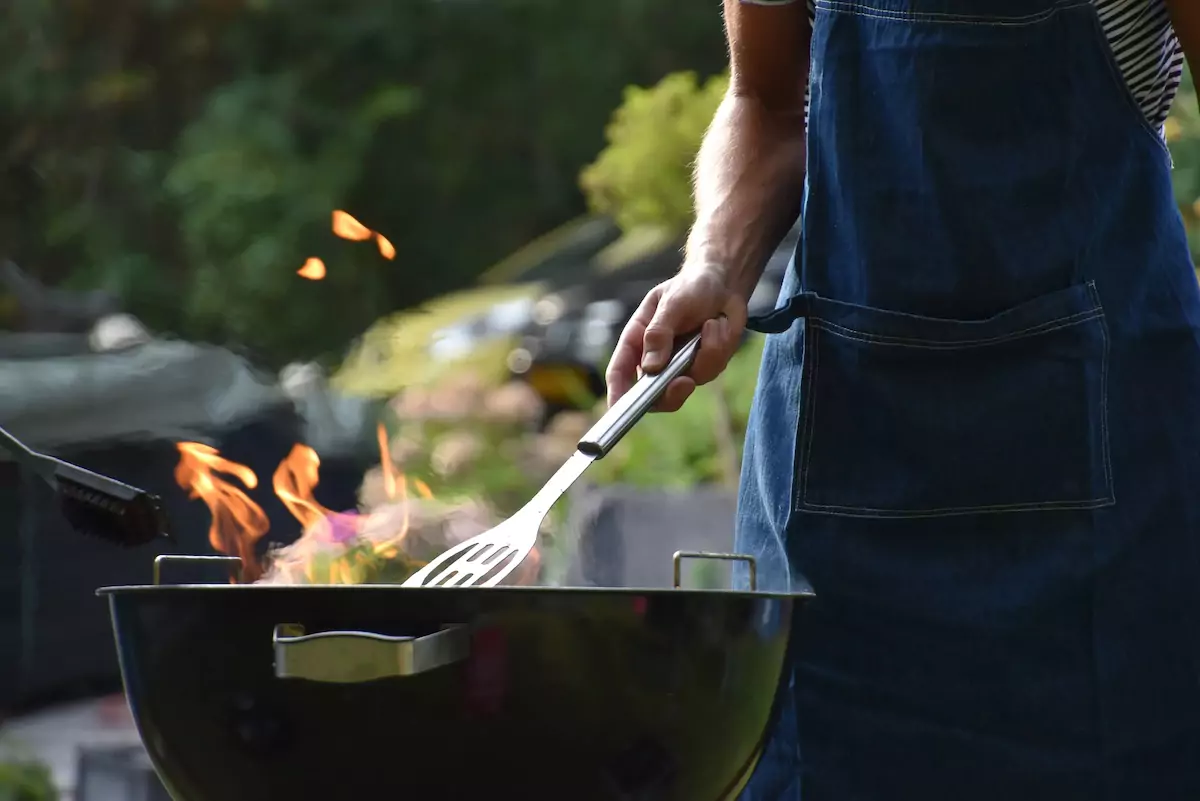Summers were made for barbeques but the smoke, smells and potential fire hazards can be annoying, and even dangerous, to those not on the receiving end of that juicy burger. Here’s what the rules are to keep everyone happy and safe.
Who doesn’t love a barbeque, especially in the summer? The warm nights and sun-filled days are just right for al fresco dining and cooking outdoors keeps the house, and the cook, from overheating indoors in a stuffy kitchen.
But there are limits to a good thing and the French government has put out some regulations on BBQ-ing to ensure that everyone is safe and undisturbed.
RULES AS THEY STAND
Whether living in a house or an apartment, there are no legal restrictions on the use of barbeques, so long as the user is respectful and isn’t cooking non-stop for days on end. Whilst the law says its ok to occasionally partake, clauses in the terms of a rental contract, or the rules of copropriétés, may limit how and when BBQs are used.
“Some clauses or decrees only restrict the use of barbecues running on charcoal and not those running on gas or electricity, restrict the use of barbecues on balconies or on terraces, and others limit it to certain time slots,” clarifies the government on their website.
Additionally, during certain times of the year, and in regions where the climate is dry and prone to fires, the departmental Prefect or local mayor may decide to ban BBQ-ing as a matter of fire prevention.
WHAT TO DO IF A NEIGHBOUR CROSSES THE LINE
Excessive use of a barbeque can be deemed an “abnormal neighbourhood disturbance”, defined as nuisances that exceed the normal inconveniences of the neighbourhood. In these cases, residents have the right to protest.
In order to prove the barbequing neighbour is an annoyance, proof is required. Blackened walls, ashes flying all over adjoining properties or live embers scorching lawns, furniture or the like are reasons to file a complaint.
There are also legal criteria which must be met. These include the frequency of the act and its duration as well as the intensity, whether it occurs in the day or night, where it occurs – for example in an urban or rural area, and if the regulations in force permit it.
The government suggests the first step is to have a friendly chat with the neighbour and alert them to the inconveniences. If this doesn’t produce a satisfactory solution, send a formal notice by registered mail to move the barbecue or limit its use.
If this still doesn’t work, call the trustee of the copropriété or town hall and get them to alert the offender that they are out of compliance with rules. The last resort, which is time-consuming and costly, is to go to court, but this cannot even be considered until the previous steps have been tried and have failed.
At the end of the day, just having common courtesy will avoid these kinds of situations. Maybe just offering the neighbour a burger straight off the grill will keep the mood light and tempers cooled!
Make sure you’re never left out of the conversation. Sign up for the Monaco Life newsletter, and follow us on Facebook, Twitter, Instagram and LinkedIn.
Photo Vincent Keiman on Unsplash
